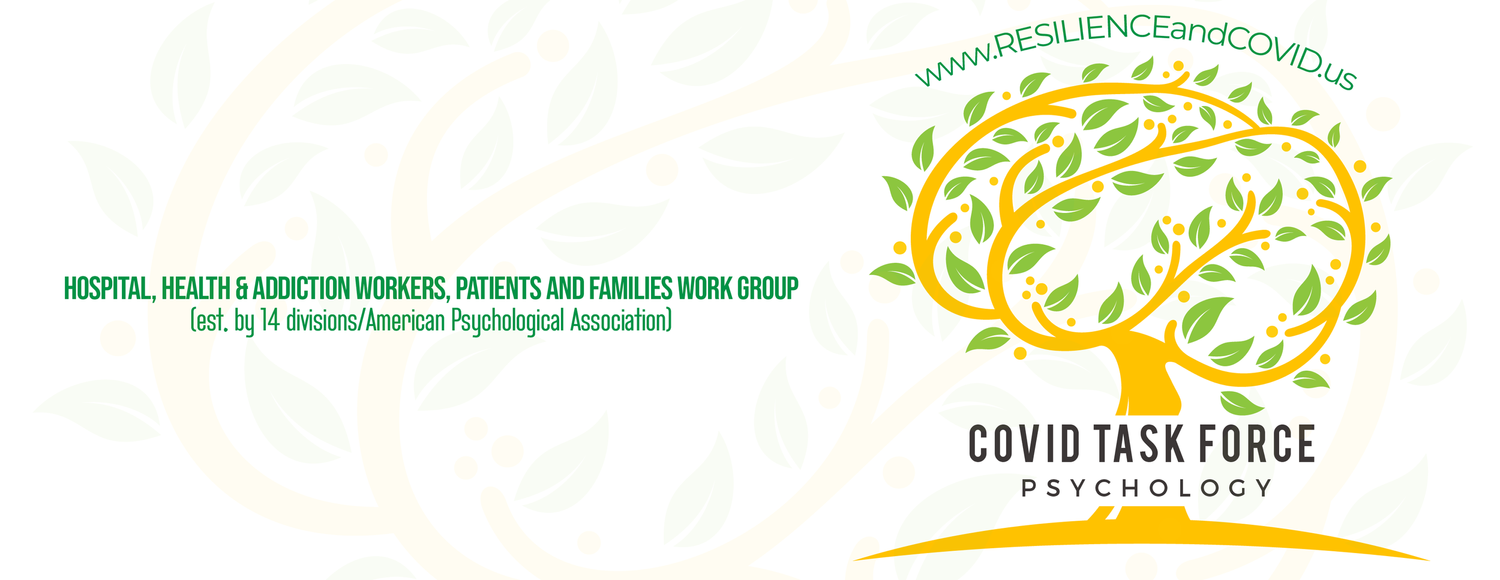Making Space for Remembering While Grieving During COVID-19
A psychologist/psychoanalyst reflects on honoring loved ones during a pandemic.
his is part 3 in a series on grief during the pandemic.
Part 1 is here. Part 2 is here. Part 4 is here.
This post was written by Janet Plotkin-Bornstein, Ph.D.
It is December 2020. NYC. Ten months immersed in this brutal COVID-19 pandemic.
The holidays surround us. The holidays, typically a complicated time for so very many. A time not just of remembering those who have died but of feeling their absence in the most deeply piercing and disorienting of ways.
I take a pause. I think about the families, the loved ones, the hundreds of thousands of people who have been killed by this insidious virus.
My mind wanders to my own experiences of loss throughout my life. I had been raised in the shadow of the death of my beloved biological father just days before my 7th birthday.
Now I search to hear the voices of my deceased parents, their voices of comfort, wisdom, perspective, love.
I think about those who never had the chance to hold their loved ones as they lie dying from this treacherous virus.
My mind, my heart, wander to my own patients, their own experiences of loss through the years, some of whom may be grieving privately, not comfortable with the coldness of telehealth electronic technology.
How to remember
How can we remember, honor, and preserve those we have loved and who have died?
A song. A story. A moment of shared laughter. As well as the more difficult times shared with one another.
It’s all part of the story, the story we had created with one another. A photograph, a handwritten letter, a card saved through the years, now retrieved and treasured ever so closely.
I take a pause. My mind wanders to cherished friends who have died through the years, way too soon, way too early. In my mind’s eye, I talk with them; I laugh with them; I now smile within.
Source: Janet Plotkin-Bornstein, Ph.D., used with permission
I remain mindful a New Year arrives. The passage of time.
Mourning is in the details
It is often said that mourning is in the details. The remembering of the details of a life lived. The remembering of the moments shared. The remembering of the love that endures.
There are no prescriptions for how to grieve, how to move within and through the spaces of anger, sadness, emptiness, and anguish that accompany grief.
There can be a sense of dislocation, of having lost one's way, perhaps unable to find our grounding.
Each story is unique
With appreciation for the fact that there are no prescriptions for how to mourn or how to navigate the complex, sometimes tumultuous, waters of grief and loss, I offer the following:
Remember, in as much detail as possible, cherished parts of those who have died, of times shared with one another.
Moments of joy, laughter, celebration once shared.
Those moments are all part of the unique history created between ourselves and our loved ones. This unique story can be preserved through time and be called on as a source of comfort when most needed.
Sometimes the memories are painful
Perhaps in remembering the lives of our loved ones who have died, more painful memories will emerge, memories which we have worked very hard to push away.
Yet, these memories, too, are part of the unique story.
When to step back
And to this I say, always be kind to yourself, and honor the fact that mourning is, by necessity, a most gradual and complex process. It can take you by surprise.
We have to honor when to step back and not remember, as well.
But then, when we feel able, enter into and linger with the more painful memories in a way that doesn’t feel overwhelming. It can be helpful to remember in the presence of a trusted other.
Creating rituals
And then there’s the beauty of creating rituals of remembrance and healing—to maintain the internal connection with our loved ones who have died.
We may find a sense of peace in the internal private “conversations” we have with those who have died.
Perhaps imagining what advice they might have offered us as we now navigate life’s challenges.
Perhaps we may experience some sense of comfort from immersing ourselves fully in some activity that offers a sense of purpose and meaning. Perhaps one we believe would have been valued by those who have died.
Sadness and joy
And then there remains the most difficult challenge of allowing ourselves to inhabit the spaces of grief and sadness for those who have died, as well as of embracing whatever joys, even the simplest of joys, may still remain.
We come to trust that in our experiencing joy and pleasure, we may be carrying out their unspoken wish that we can continue to flourish, even in their absence.
But, most importantly, in our grief and our sadness, we must always be kind to ourselves and always treat ourselves with the deepest, yet gentlest, of love.
Read article on Psychology Today: https://www.psychologytoday.com/us/blog/psychological-trauma-coping-and-resilience/202012/making-space-remembering-while-grieving
References
Gilbert, A. (2016). Passed and Present: Keeping memories of loved ones alive. Seal Press.

